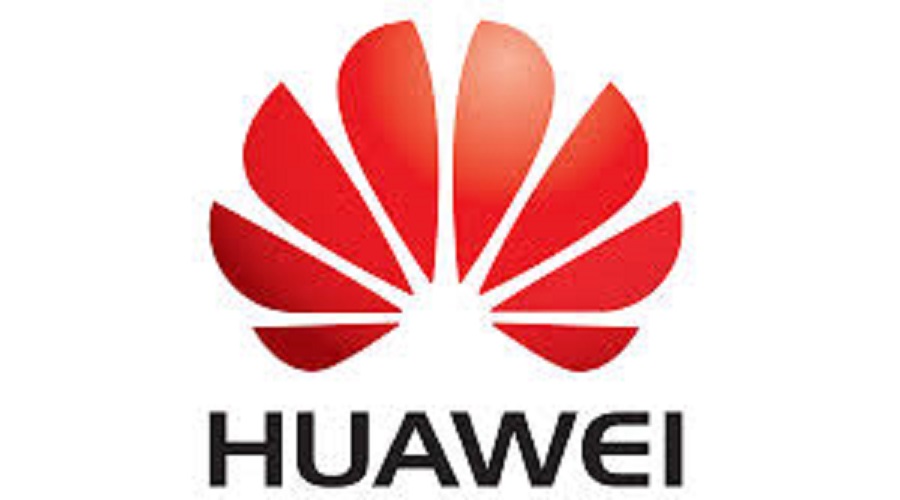KATHMANDU: Key security agencies are divided over whether to place Huawei’s former smartphone company on an export blacklist, showing that the Trump-era debates about the trade-offs of doing business with Chinese technology companies continue during the Biden administration.
Last week, career personnel at four agencies responsible for making such decisions split on whether to put the smartphone-maker, Honor, on the Commerce Department’s entity list, which bars exports of U.S. technology to the sanctioned firm without a department license.
They couldn’t agree on whether a business that Huawei sold last year posed a significant threat to U.S. national security.
Staff members at the Pentagon and Energy Department supported placing the company on the blacklist, while their counterparts at the Commerce Department and State Department opposed it, according to several people familiar with the matter, who spoke on the condition of anonymity to discuss the confidential process.
The issue has been appealed to the political-appointee level at the four agencies, according to people familiar with the matter. If they deadlock, the issue can be escalated to the Cabinet level. In the event of a tie there, President Biden would make the final decision.
How to deal with Huawei, the world’s largest telecommunications equipment-maker, is a politically charged subject. The Trump administration placed it on the entity list in 2019 after calling the company a national security threat, including for allegedly violating U.S. sanctions on Iran. The United States indicted the daughter of Huawei’s founder on bank and wire fraud charges related to the Iran allegations and is seeking her extradition from Canada, a matter that has heightened tensions among the three countries.
U.S. officials have also called Huawei’s aggressive push into the global 5G telecommunications equipment market a national security threat, warning that Chinese authorities could tap into the gear to spy on or disrupt communications. Huawei and China have rejected that concern.
Britain bars Huawei from its 5G networks, part of a growing shift away from the Chinese tech giant
The State, Energy and Defense departments referred questions to Commerce, which leads the committee that makes the initial entity list decision.
Commerce officials declined to comment on the specific matter, saying only that Commerce and other agencies “continually review a range of factors, including risk of diversion” or the risk that the nominated company is or will illegally ship U.S. technology to a sanctioned entity.
“We remain committed to using a full range of tools, including . . . export controls, to deter efforts by the [People’s Republic of China] and other countries … that seek to leverage technology in ways that risk harming U.S. national security and foreign policy interests,” spokeswoman Brittany Caplin said.
A spokesperson for Honor did not immediately respond to a request for comment.
The debate comes as a Senate committee plans on Tuesday to take up the nomination of a former Pentagon official, Alan Estevez, to head the Commerce Department’s Bureau of Industry and Security — the agency that administers the entity list.
Lawmakers are pushing the Biden administration to be more aggressive in using export controls to slow China’s rise in the technology sector. Meanwhile, some analysts see such efforts as difficult without broader support from foreign partners, while the U.S. technology sector has warned that more export controls could damage U.S. industry.
In August, more than a dozen Republican lawmakers wrote to Commerce Secretary Gina Raimondo urging her to place Honor on the entity list, saying that Huawei’s sale of the unit amounted to “export control evasion.”
The “same concerns about technology exports to Honor when it was part of Huawei should apply under its current state-backed ownership structure,” wrote the lawmakers, led by Rep. Michael McCaul (R-Texas), the top Republican on the House Foreign Affairs Committee.
“If we move too slowly and focus only on discrete entities rather than networks and ecosystems, the [Chinese Communist Party’s] novel party-state economy can outmaneuver U.S. sanctions,” they wrote.
But Paul Triolo, who heads Eurasia Group’s global technology policy practice, said “it’s pretty hard to make the case” that Honor’s manufacture of cellphones is a national security threat. “It’s not a nuclear material or component,” he said. What’s more, Triolo added, the devices are not being sold in the United States.
Huawei, the technology giant headquartered in Shenzhen, China, said last year that it was selling Honor because could no longer buy the components it needed to keep the unit going. The 2019 entity listing and subsequent export controls had prevented Huawei from purchasing some of the semiconductors and Google software it needed to build the smartphones.
Huawei sold Honor to Shenzhen Zhixin New Information Technology Co., a company formed by two state-backed investors tied to Shenzhen’s municipal government.
George Zhao, who was president of Honor at Huawei, became Honor’s chief executive. Chinese news reports said other Huawei executives and engineers also joined Honor.
Before the blacklisting, Huawei had been one of the world’s biggest single buyers of U.S. semiconductors. A variety of U.S. chip companies complained about losing sales over the entity listing, and pushed the Trump administration to relax the rules.
Soon after Huawei sold Honor, several U.S. companies began striking deals to sell chips to the new company. Qualcomm, based in California, is selling Honor a high-tech chip that the Chinese company is using in its newly launched 5G smartphones. Qualcomm overall is supplying technology for three new Honor phones, Qualcomm’s chief executive said during a July conference call with investors.
Last month, Honor said it was “quickly reestablishing strategic partnerships with some of the world’s top suppliers” and rapidly regaining market share that Huawei had lost.
Text Source: Washington Post

